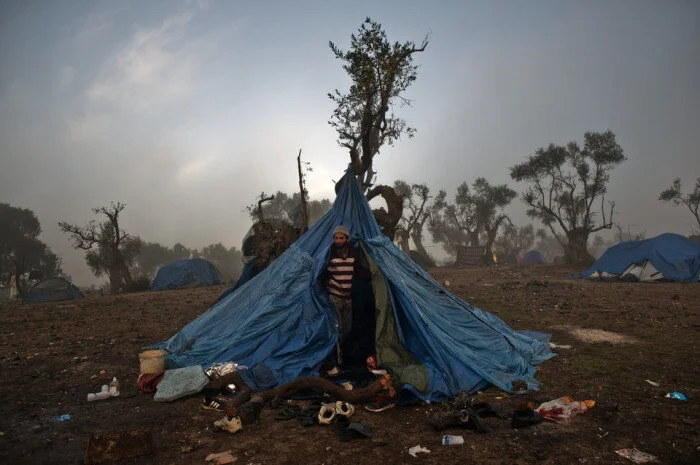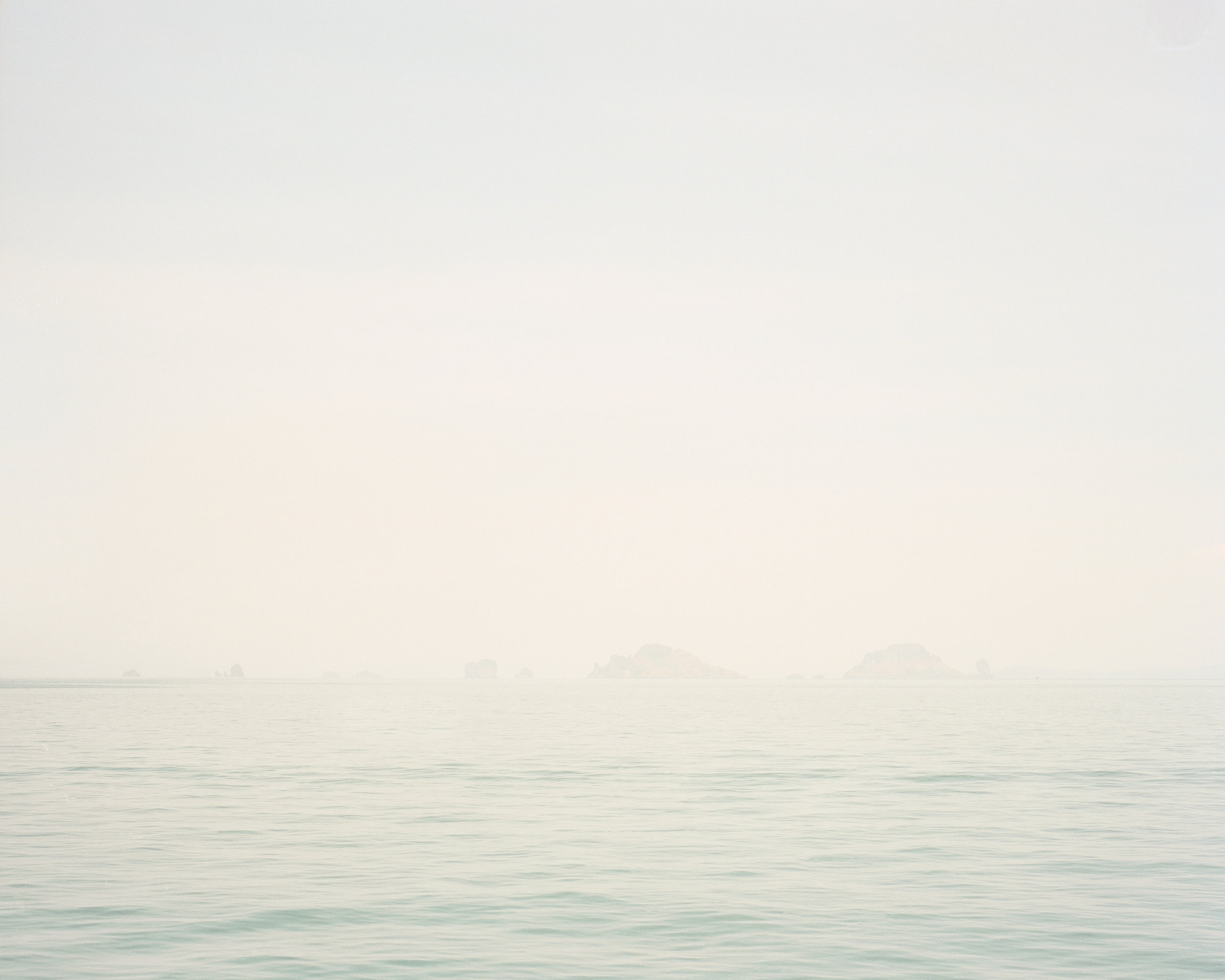Prelude
For you, Braveheart, clean-living,
right-minded Bay Area lefty;
a keen man on injustice
with trenchant voice and pen
and rising laugh contagious,
but for that sudden-onset flash,
and dark it was, here then gone,
a temper harboring, I thought,
the DNA of some fearsome Scot
heretic or pastor, Gillenkirk, your name,
certain bane to wanton power, but no --
"Gillenkirsch"-- you laughed my notion off,
"a ruddy fellow or wild cherry tree
or its vile cherry mash German brandy."
1
No wild cherry picking here:
your nick name, Lefty, for your nifty
jukes, left-right-left, the ball
equally at home in either hand
for the drive-by or quick jumper.
The moves you put on Cuomo (Mario),
New York's governor in Albany,
who hated to lose at lunchtime hoops.
Did he take your fakes? Did you shake him
off his mark, driving through the paint?
Neither of you gave an inch,
nor in his speeches did you flinch,
drafting with left finger-rolls and spin,
whistled out by his red pen.
2
Lefty, who would have known
you were born a righty
in that downright upstate town;
Irondequoit’s expatriate son,
our Benjamite southpaw in a fight,
rallying our wavering pens,
our colors bled and tattered
before the usual King's men. A man
for the right moment, a left moment,
where the rights of left outs mattered,
where words rang true and tyrants fell
and books of course would sell.
But never was the call rhetorical
when your keyboard rang my bell.
3
You called it, Bitter Melon, your book of Locke
with James Motlow, co-author and photographer
of the one surviving Chinese town
as no other in the Sacramento Delta;
built by Chinese for Chinese on a bend
by the slow green river, where you swam
and caught in their proud words
the elders disappearing act.
Is it ever past? you asked, the Driving Out,
where white mobs sacked and burned
coolie towns throughout the West?
Or the Chinese Exclusion Act of "82"
on the books until WW2, a fact we'd lost
until this one went to press?
4
Not the two "Lefty's" in the Baseball Hall of Fame,
Gomez and Grove, nor the marvelous O'Doul,
nor three who only played one game,
but the lefties in your baseball novel, Home, Away:
Jason, big-league southpaw and son Rafe
split by divorce, flash moods and trades,
trials of the road and a fatherhood
pitching through the separations and the pain
of failing his troubled teen -- so Jason quits
to lose and find himself in Mexico
while teaching Rafe to hit so well,
as fate will prove in this work of love,
when they face each other at the plate
in the ultimate World Series game.
5
In Pursuit of Darkness you got it right:
vampires are what ails D. C.
in this thirsty beltway thriller,
where Bram Stoker meets Roger Ailes
as the head vamp, Jonathan Drees.
Some real ones missed your casting call,
and who believed the trumpery
entering stage-right? Not you, who cried
"How're we going to live with this douchebag?"
So you did not. Your final piece, "The New PTSD:
Post-Trump-Stress Disorder," your case of it,
two days out in print before you died,
lights out on a city schoolroom floor,
answering the call to teach third grade.
6
A Bach cello suite in G
swells the nave and rafters.
Each speaker climbs the narrow stairs
to give their eulogies
above a blur of upturned faces
by your smiling photo on a chair.
I hear your laugh at night; it startles me,
three rising notes in perfect key,
as if I were possessed, and may I be
by what delighted you and what you left.
And would it be right, Braveheart, if you did not
cleave the air among us as I write,
fast-breaking down the court
(shall we guess which way?)
and elevating for the shot?
—<>—

































































from Prompts
“Write an ekphrastic poem about an image, object or work of art.”
———
— Doolin Rook
It landed brash, still young,
on the Burren limestone
by the boat to Inisheer;
its bright beady look
out of the rocks and wind
and shear of the place.
But that dead-eye stare, she thought,
a bit murderous, was it not,
on her camera lens
under the rook's black hood?
-<>-
But that rogue's-gallery eye,
hung in a gallery far away,
caught another eye,
spoke to that woman infallibly
of tenderness and the great Irish hunger,
too late to be fed on the spot,
but bought and taken home
to be gazed upon, a shame that
or perhaps not, if famine
everywhere had such wings.
—<>—
Doolin Rook photograph(c)by Jackie Roberts